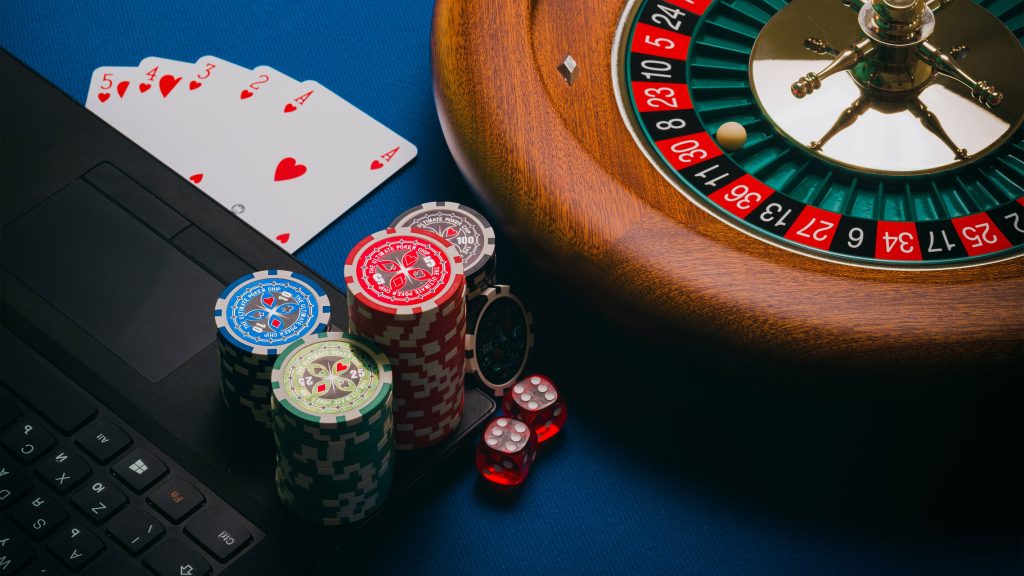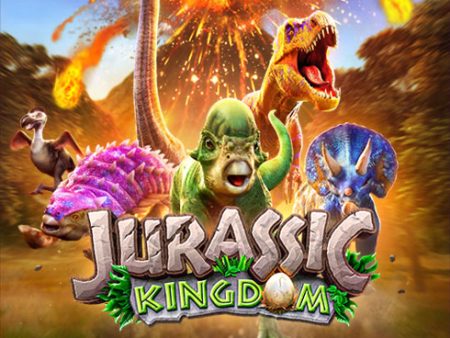Explore the fascinating history of gambling and discover how MayaGame continues to thrive in this timeless tradition!
Tracing the Roots of Gambling: How MayaGame Brings Ancient Thrills to Modern Players

Gambling, defined as wagering money or valuables on an event with an uncertain outcome, has a long and complex history that spans across cultures and centuries. Its origins can be traced back to ancient civilizations, and it has evolved significantly over time, influenced by societal norms, laws, and technological advancements.
Ancient Beginnings
- Prehistoric Evidence: The earliest evidence of gambling can be traced back to prehistoric times, where items such as dice made from animal bones have been discovered in archaeological sites. The dice are believed to date back to around 3000 BC in ancient Mesopotamia, where they were likely used in games of chance.
- Ancient Civilizations: In ancient civilizations like China, Egypt, and Greece, gambling was prevalent. The Chinese played a lottery-like game as early as 200 BC, which is thought to have contributed to government projects like the Great Wall. The Romans indulged in gambling with various games, often betting on gladiatorial contests and races.
- Greek Culture: The Greeks formalized many aspects of gambling, creating games that involved skill and chance. Public gambling was common in Greek society, and the outcomes of sports and competitions were frequently wagered upon.
The Middle Ages
- The Rise of Gambling Houses: During the Middle Ages, gambling became more organized, with the establishment of gambling houses or casinos. The first known gambling house was established in Venice, Italy, in the 1630s. These establishments allowed for various games, including card games and dice.
- Card Games: The introduction of playing cards in Europe in the late 14th century significantly impacted gambling. Card games became popular, leading to the development of numerous gambling variations, such as poker and blackjack.
The Modern Era
- 19th Century Developments: The 19th century saw the birth of modern gambling practices. The invention of roulette in France and the establishment of horse racing tracks in England set the stage for regulated betting systems. This period also saw the introduction of betting odds, which helped standardize gambling practices.
- Legislation and Regulation: With the growing popularity of gambling, many governments began regulating the practice. The establishment of laws aimed at controlling gambling activities emerged, leading to the foundation of state-run lotteries and regulated casinos.
- The U.S. and the Lottery Boom: In the United States, gambling took on various forms. The lottery became popular in the early 19th century, used to fund public projects. However, gambling faced backlash and was often criminalized, leading to a complicated legal landscape that fluctuated throughout history.
The Digital Age
- Online Gambling: The advent of the internet in the late 20th century revolutionized gambling, allowing for online casinos and betting platforms. The first online gambling site was launched in 1994, and the industry has since exploded, with millions of users engaging in online betting, poker, and other games.
- Regulatory Challenges: While online gambling has increased access, it has also raised concerns about regulation, addiction, and consumer protection. Various jurisdictions have implemented laws to govern online gambling, but discrepancies remain.
Cultural Perspectives on Gambling
- Cultural Acceptance: Different cultures have varying attitudes toward gambling. In some societies, gambling is embraced as a form of entertainment, while in others, it may be viewed negatively or as a moral failing.
- Gambling in Popular Culture: Gambling has been depicted extensively in literature, film, and television, often romanticizing the thrill of betting and the potential for winning big. Examples include movies like “Casino Royale” and “Rounders”, which showcase the allure and risks associated with gambling.
Conclusion
The origins of gambling are deeply embedded in human history, reflecting societal values, economic conditions, and cultural practices. From ancient dice games to modern online betting platforms, gambling has evolved significantly while remaining a popular pastime for millions around the world. Understanding its origins provides insight into the complexities of human behavior and the social implications of risk-taking activities.















